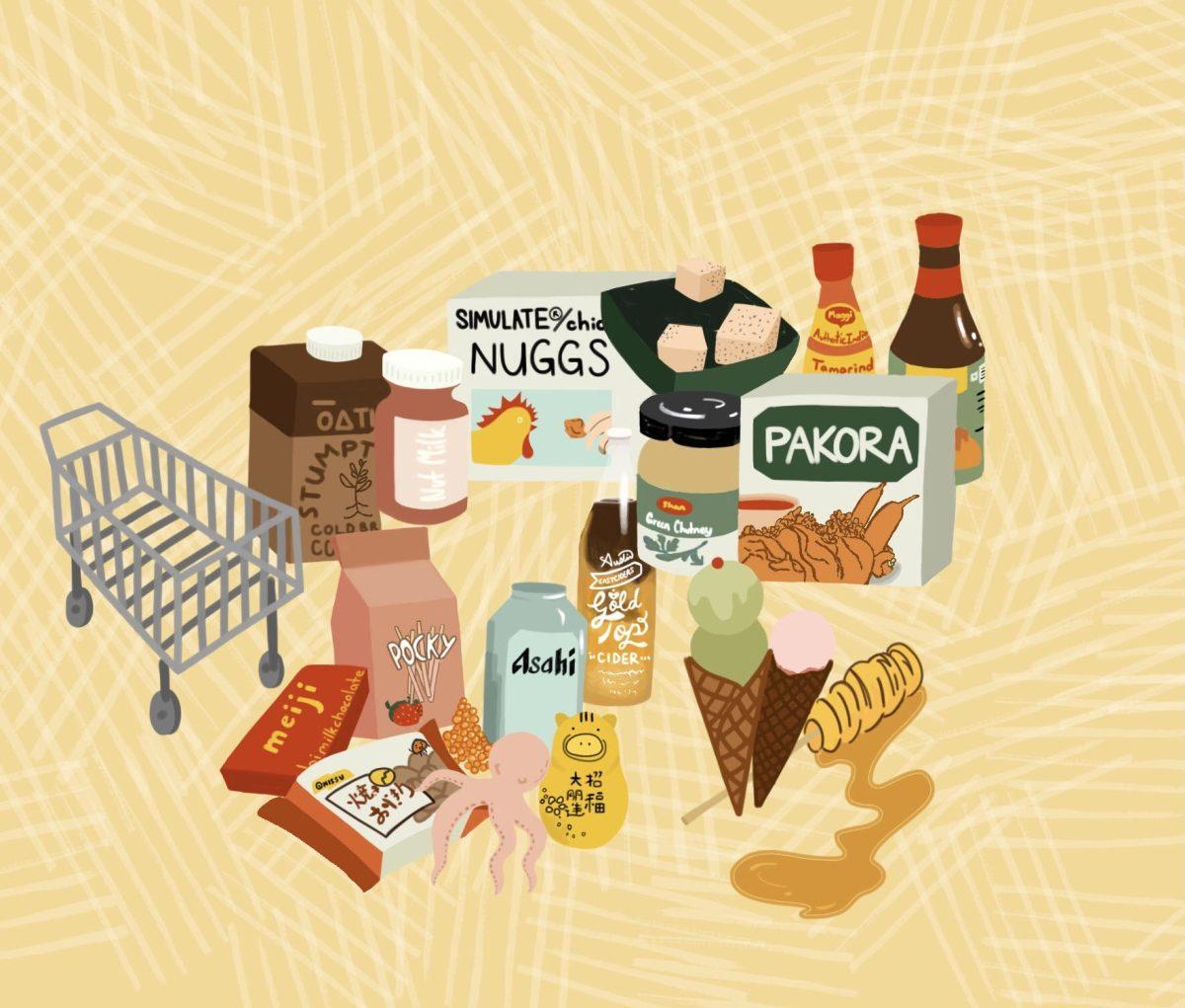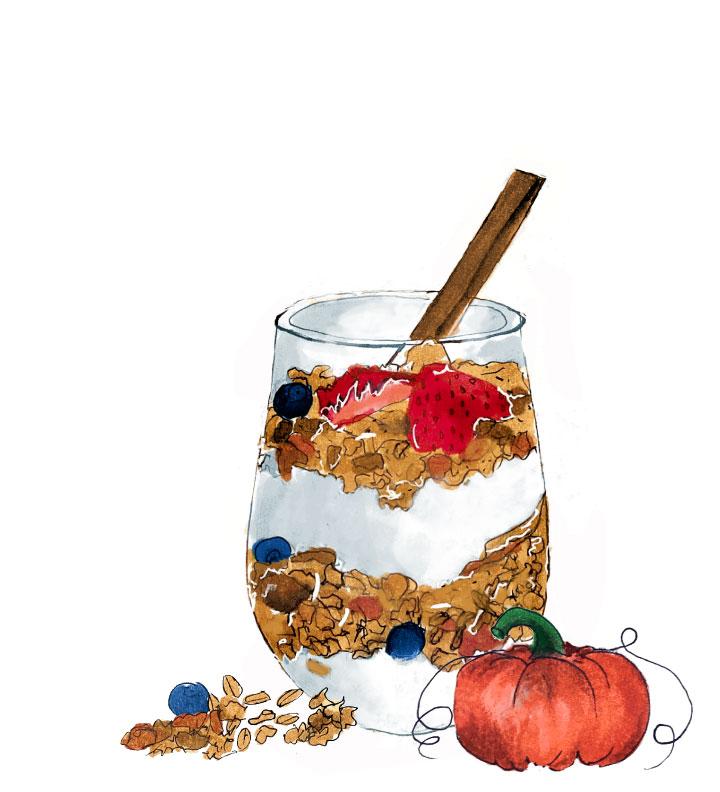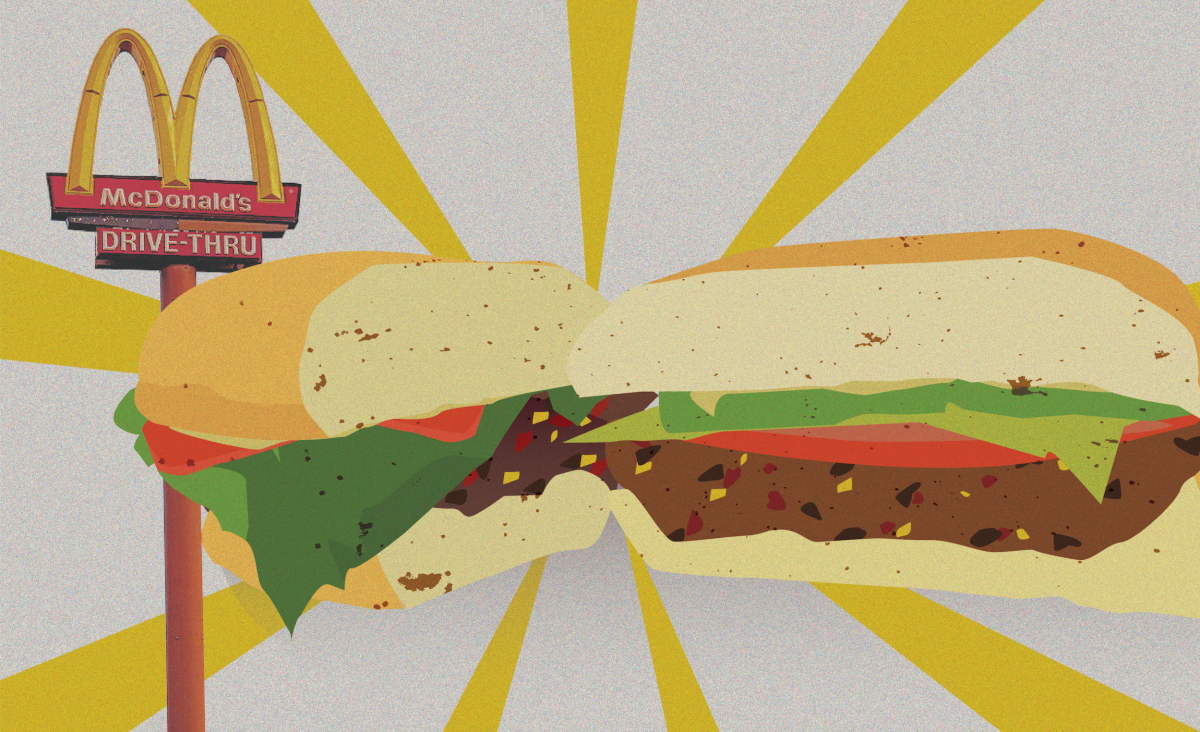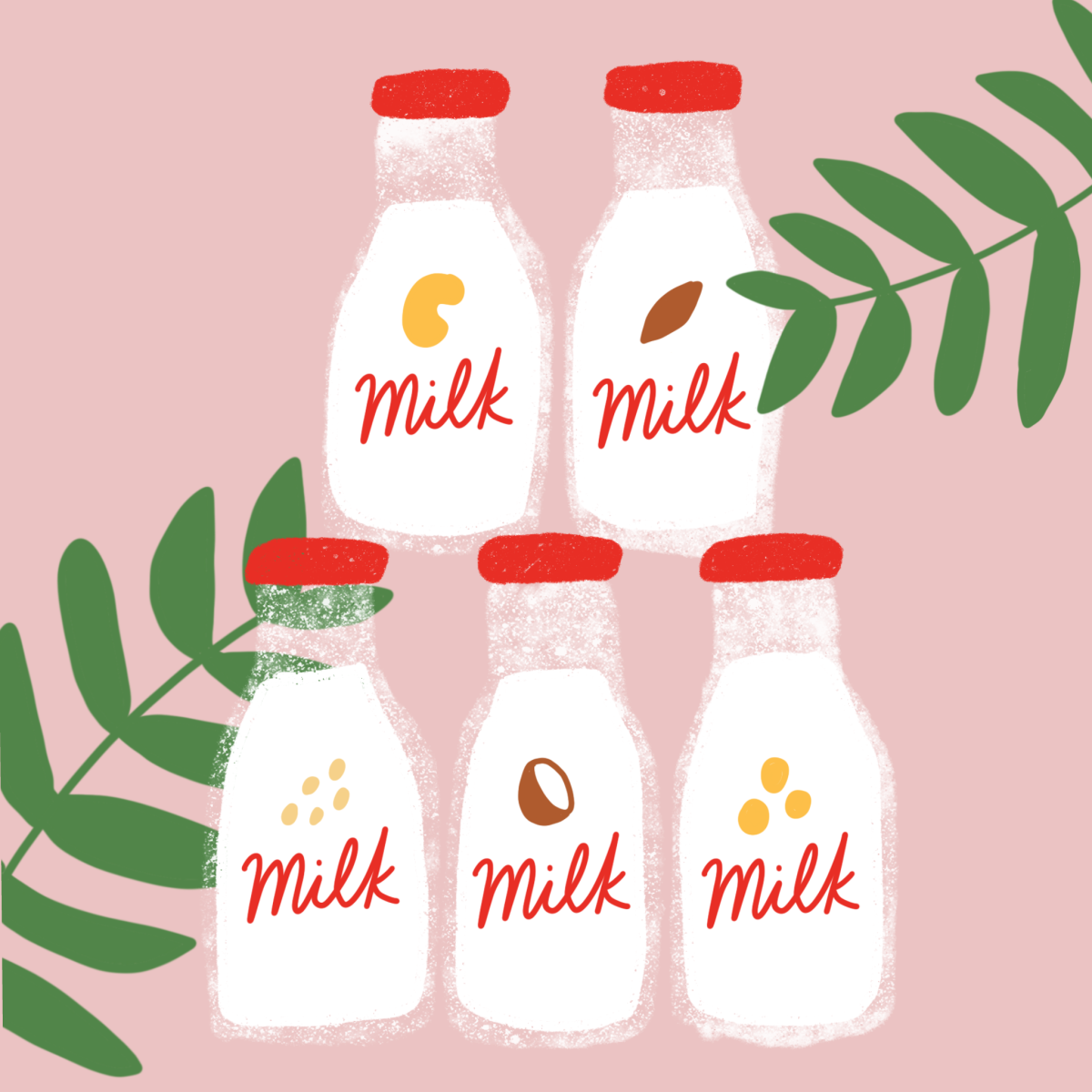Photo courtesy of Tumblr.
College students who habitually pull all-nighters to cram for exams can become familiar with the symptoms of fatigue. To maintain energy during an all-nighter or to combat drowsiness the next day, many students rely on multiple cups of coffee.
Story by Abby Moore
Rather than fostering a caffeine addiction, this list of energy-boosting foods can provide a natural revitalization of the exhausted student’s mind and body.
Apples
While beginning the day with an apple may not provide the same amount of stimulation as a cup of coffee, the vitamins and minerals stored in apples can provide lasting energy. The high amounts of fiber in an apple aid the digestive system, removing the body of unnatural wastes. The buildup of solid wastes within the body leads to sluggishness, therefore incorporating fiber into the diet eliminates feelings of fatigue.
Leafy greens
Leafy greens, such as spinach, contain high amounts of iron, which helps the body with energy maintenance. Iron’s role is to transport oxygen through red blood cells to other areas of the body. A lack of iron makes it more difficult for the body to transfer oxygen from the lungs to other cells, causing one to feel weak and tired. Swapping a lunch-time sandwich for a salad can result in higher levels of energy for the rest of the day.
Eggs
The protein in eggs provides steady and sustained energy throughout the day. Unlike the fleeting energy that comes from sugars, protein does not spike the body’s blood sugar. The process protein goes through to fully digest from amino acids into glucose is a slow one. This slow process results in a longer-lasting source of energy, eliminating the effects of a “sugar crash.”
Peppermint tea
Swapping coffee with a steaming mug of peppermint tea can alert the brain, providing mental energy. The strong smell of peppermint stimulates the trigeminal nerve of the brain, which is responsible for sensations in the face. This stimulation creates alertness and increases one’s ability to concentrate during times of fatigue.
Dark chocolate
When craving the rich, bitter flavor of coffee, opt for dark chocolate instead. The cocoa beans that make up the indulgent treat contain caffeine. A typical dark chocolate bar can contain anywhere from 14-75 mg. of caffeine, compared to an average of 95 mg. for a cup of coffee. While the amount of caffeine differs in each bar depending on the cacao content, each can provide a slight buzz of energy.












































